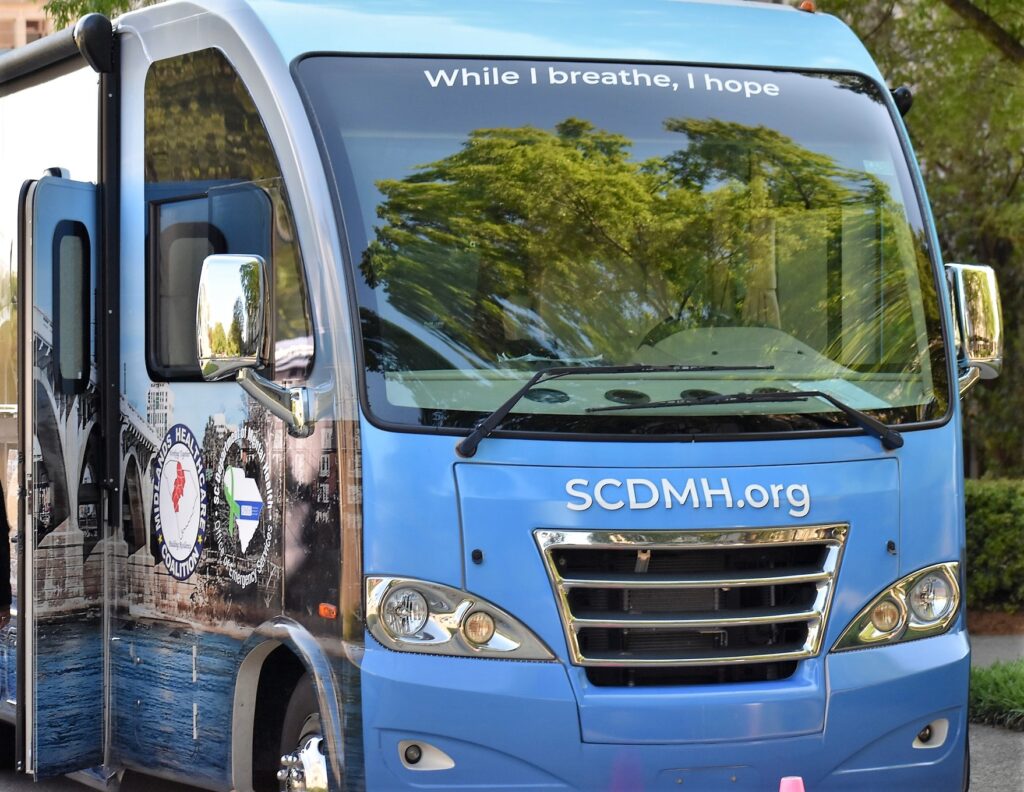Better pay and flexibility in hiring have led to an increase in therapists working in SC schools
BY: SKYLAR LAIRD SC Daily Gazette
COLUMBIA — The number of mental health counselors in South Carolina schools doubled in a year and a half, according to a report released Thursday by the state’s Medicaid agency.
A 2022 statewide survey requested by the governor found a dearth of mental health counselors in the state’s schools, despite an increasing need for mental health services for children. On average, the state had only one counselor for every 1,300 students, and nine school districts didn’t have any counselors at all, according to the report from the Department of Health and Human Services.
The improvement is partly due to the agency nearly doubling what it pays licensed therapists working in schools. The rate for a 30-minute session has jumped from $37 to $71 since 2022, according to the department.
The department hit its goal: In September of 2023, schools had one counselor for every 653 students, the most recent report found. Overall, the number of mental health counselors working in schools went from 600 in January 2022 to 1,200 in September 2023.
Every district in the state had at least one counselor as of September, according to the report. In some districts, counselors spend all day every day of class in an assigned school, while in others they rotate from school to school.
The numbers are still far below recommendations of one counselor for every 250 students set by the American School Counselors Association. Nationwide, the average is closer to 400 students per counselor, according to the U.S. Department of Education.
The long-term goal for South Carolina is to have one therapist for every 325 students. The biggest thing standing in the way of that is that the state just doesn’t have enough mental health clinicians to fill the need, said Jeff Leieritz, spokesman for the state’s Medicaid agency.
The agency’s report came out a day after Gov. Henry McMaster touted the progress in his State of the State address with a preview of the survey’s findings.
“In just the past two years, we have made significant progress in providing school-based mental health services to school-aged children,” McMaster said Thursday in a statement. “With an ongoing mental health crisis, especially among our young people, it is critical that we continue to build upon these efforts and ensure mental health resources are available and accessible to our state’s children.”
While children can get therapy outside of school, they are 21 times more likely to use mental health services available in their school, according to findings by the South Carolina School Behavioral Health Academy. That makes getting counselors into schools even more essential, said the state’s Medicaid director, Robby Kerr.
And the need for mental health services is growing.
Nationally, suicide rates for people ages 10 to 24 increased 62% from 2007 to 2021, according to the Centers for Disease Control and Prevention. In 2021, 2.5 of every 100,000 children in South Carolina died by suicide, according to data from the state Committee on Children.
Beyond pay therapists more, changing how they’re paid also helped South Carolina’s numbers.
The state Medicaid agency changed its policy to make it easier for schools to hire private clinicians and still send the cost to the agency, where before the need was filled by the state’s mental health workers.
That opened the door for districts to hire their own counselors, which was something nearly 60% of district leaders said they would prefer, according to the 2022 report.
As of the 2023 survey, around 600, or about half, of all in-school mental health counselors were employed by their districts instead of a state agency. School districts still have the option of partnering with the state Department of Mental Health or doing a hybrid model mixing state workers with private clinicians.
District-employed counselors can spend more time in schools instead of jumping from place to place, and less turnover means students are seeing the same person consistently, Leieritz said.
More counselors also means more support for students in crisis. Clinicians overwhelmed with day-to-day sessions often didn’t have the time to help children having mental health emergencies, leaving those situations in the hands of untrained nurses or administrators, the 2022 report said.
Sign up for our Sunday Spectator. Delivered to your inbox every Sunday, with all the news from the week.















